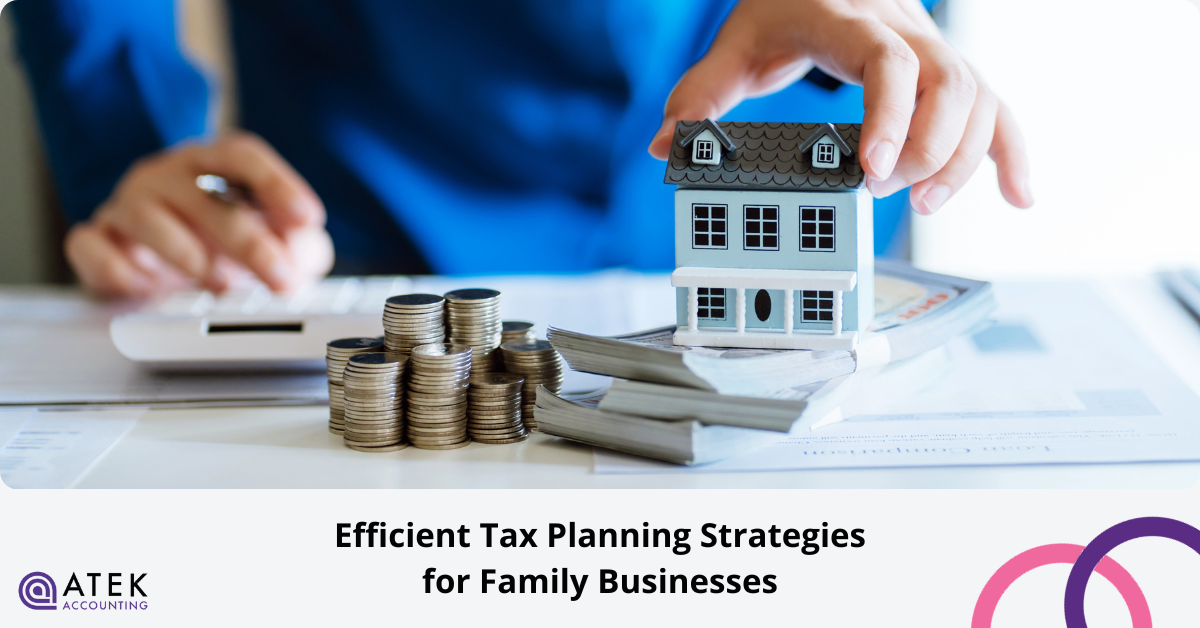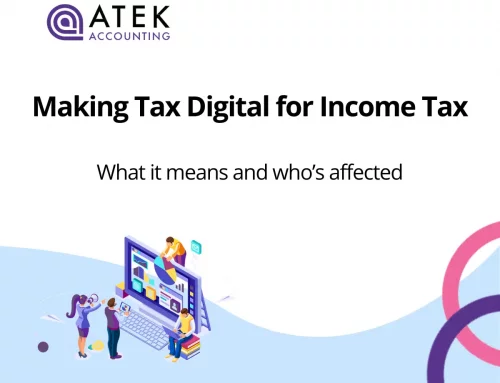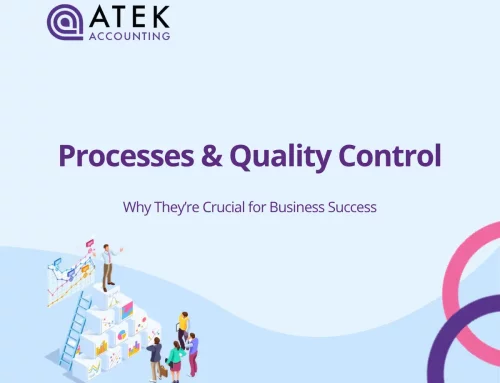
Running a family business, whether as a company, partnership, or other unincorporated structure, can offer unique opportunities for tax efficiencies. By making the most of the options available, family businesses can reduce their tax burdens and increase profitability. Here are some key strategies to help your family business optimise its tax planning.
How To Run a Family Business Tax-Efficiently
1. Involve Family Members in the Business
One of the most effective ways to optimise tax planning in a family business is by involving family members in its day-to-day operations.
This approach can help you spread income and profits across different family members, which might enable you to take advantage of lower tax rates or personal allowances that would otherwise go unused.
For example, if you have a spouse or child who isn’t earning much income, employing them in the business could reduce the overall family tax burden. This also allows you to make use of various tax-free allowances, such as the Personal Allowance.
Additionally, employing family members may help you manage business profits more efficiently, especially if you can pay family members a reasonable salary for their work.
However, it’s essential to ensure that the salaries reflect the work performed and are in line with market rates to avoid any challenges from HMRC.
2. Leverage the Employment Allowance
A significant change to the Employment Allowance (EA) is coming into effect in April 2025, as it increases from £5,000 to £10,500. This change has the potential to significantly reduce your business’s employer National Insurance Contributions (NICs), helping mitigate the impact of the NICs increase that will take effect on the same date. (GOV.UK)
There are specific eligibility criteria to consider for family businesses. For example, the EA cannot be claimed by single-director companies where the director is the only employee. However, if you can employ a family member or another individual above the secondary threshold for employer NICs, you may be able to claim the EA.
Action Plan: Review your business structure and ensure you are positioned to benefit from the increased Employment Allowance.
3. Ensure Compliance and Documentation
When employing family members, it is crucial to ensure that their roles within the business are legitimate and that their remuneration is appropriate.
HMRC takes a close interest in family arrangements, and they may scrutinise whether family members are genuinely contributing to the business.
The remuneration paid to family members must be commercially appropriate and meet the criteria of being wholly and exclusively for the purpose of the business.
Keeping accurate records of the work family members do and their contributions will help protect your business in the event of a tax audit.
4. Plan for Business Succession
It’s essential to create a clear succession plan for how the business will be passed on to the next generation or how it will be disposed of upon retirement. Effective planning can help you make the transition smoothly and reduce the tax implications.
Start thinking about succession early. The earlier you start, the more control you can retain while gradually involving the next generation in the business.
Over time, you can transfer ownership, responsibilities, and decision-making power in a way that minimises potential tax burdens for both the business and family members.
5. Use Shareholding to Bring in the Next Generation
Introducing the next generation to the business often requires careful planning. A phased approach can help, where incoming family members take on more responsibility over time, while the senior generation retains control. One effective way to manage this transition is through shareholding arrangements.
Using different types of shares with varying rights (commonly known as “alphabet shares”) can provide flexibility in the transition process and minimise the tax impact of such changes. This approach allows you to gradually adjust the percentage stake in the business, helping to facilitate a smooth transition from one generation to another.
Action Plan: Review your shareholding structure regularly to ensure it supports the transition and provides the desired tax efficiencies.
6. Keep Up with Changes in Tax Rules
Tax regulations frequently change, so staying informed is essential for family businesses to maximise tax efficiency and avoid missing out on valuable deductions.
There were several changes announced in the Autumn Budget 2024, which will have a significant impact on how family businesses plan for the future.
For example, the introduction of new rules around Business Asset Disposal Relief (BADR), which offers relief for the disposal of business assets, has seen changes that will affect capital gains tax.
Starting in the 2025/26 tax year, the tax rate for qualifying lifetime gains will increase as follows:
-
Business Asset Disposal Relief (BADR) and Investors’ Relief: The tax rate will rise from 10% to 14% for disposals made on or after 6 April 2025, and then to 18% for disposals on or after 6 April 2026. (GOV.UK)
-
Carried Interest: The tax rate will increase to 32% from 6 April 2025. (GOV.UK)
As with any tax strategy, the details matter, and staying informed about changing rules can help ensure you’re taking advantage of all available opportunities.
Action Plan: Review your eligibility for BADR and other tax reliefs regularly to maximise your potential benefits.
Optimising Tax Planning for Family Businesses
Efficient tax planning is a key component of any successful family business. By involving family members in the business, ensuring that remuneration is commercially appropriate, and planning for succession, you can not only manage your tax burden but also strengthen the foundation for the business’s long-term success.
At Atek, we can help guide you through the complexities of tax planning and preparation for your family business, ensuring you make informed decisions at every step.
If you’re looking to optimise your strategy, we’re here to assist you with tailored advice that meets the specific needs of your business. Contact us today!
More resources:













